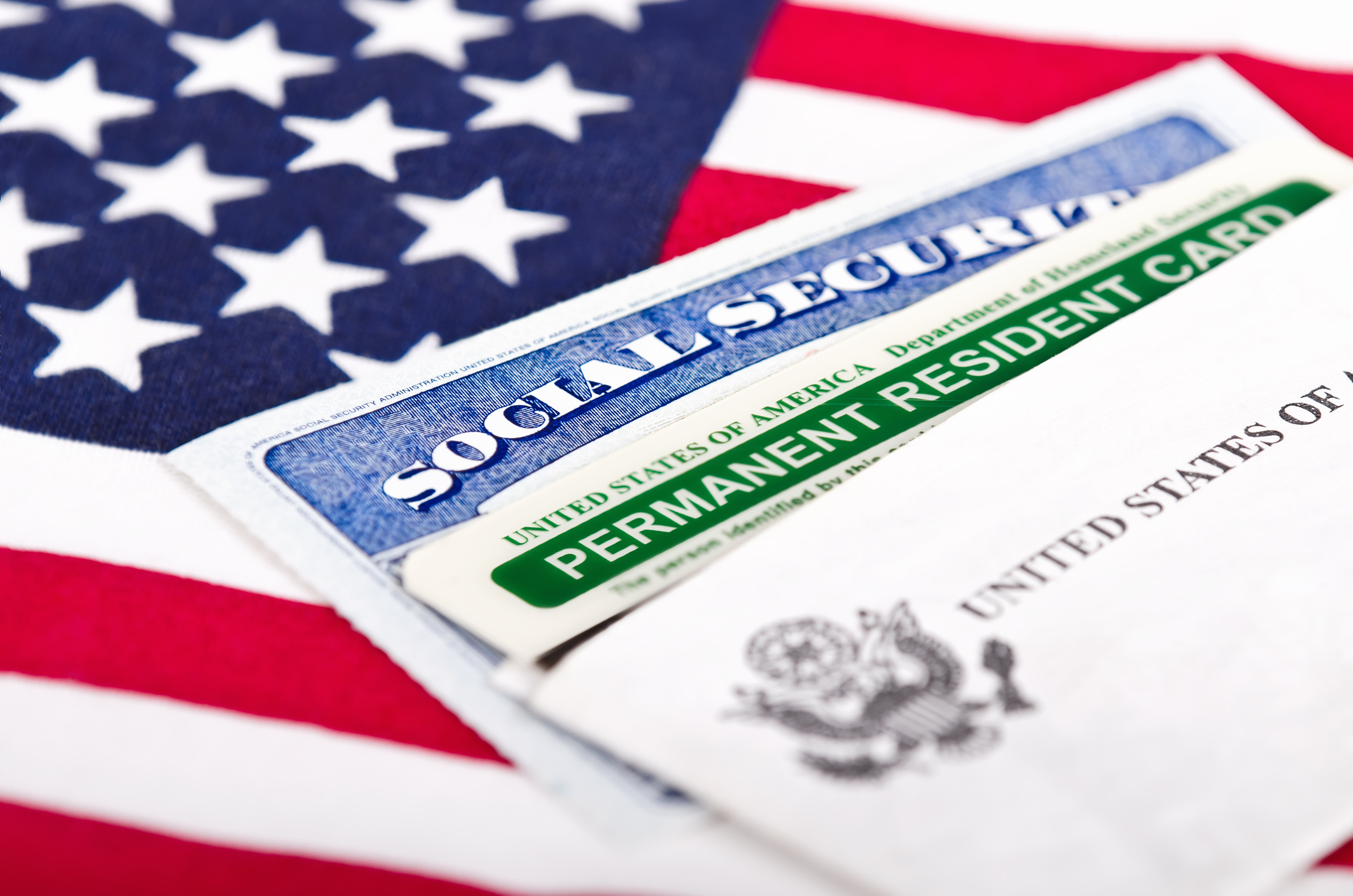When hiring a new employee, most employers understand that national origin is a protected class that cannot be discriminated against. They also understand that they are required to use the I-9 process to verify work eligibility in the United States and that I-9 asks for an employee’s Social Security number (SSN), among other things.

So, what happens when a noncitizen applies and does not have an SSN? Can you hire that person?
The short answer is: You can hire that person as long as he or she has work authorization, but the person is still legally required to obtain an SSN if he or she has not yet done so. Additionally, you will need that number quickly; typically, the person must apply within the first week of employment and furnish the number within no more than 90 days.
You will need to use the individual’s SSN to report his or her wages to the Internal Revenue Service (IRS). This is true for both employees and contractors, as even contractors need an SSN to complete their W-9 for the employer.
What to Do if a New Hire Doesn’t Have an SSN
If your organization hires someone who has not yet applied for an SSN, ensure the person completes the SS-5 form and turns it in right away. Keep a copy of the letter the individual receives from the Social Security Administration (SSA), noting its receipt of the application, and follow up with the employee for the SSN.
Once the number and card are received, confirm that the name on the person’s new social security card matches the hiring documents you have already received, and include the SSN in all of your payroll paperwork.
If you hire an employee who has not yet received his or her SSN, you’ll still need to complete the I-9 form on time. On the form, you will need to note that it was applied for and attach documentation. Once the employee receives the number, you will need to update the I-9.
If for some reason the employee’s SSN application is denied, the employer cannot hire the individual. No other numbers can be substituted for the SSN. It may be tempting to accept an individual taxpayer identification number (ITIN), but do not. According to the IRS:
“Do not accept an ITIN in place of an SSN for employee identification or for work. An ITIN is only available to resident and nonresident aliens who are not eligible for U.S. employment and need identification for other tax purposes. You can identify an ITIN because it is a 9-digit number, beginning with the number ‘9’ and is formatted like an SSN (NNN-NN-NNNN).”
For any employee who does apply for an SSN, however, as long as you follow the right steps, you should be in the clear. If you find your organization in this situation, you may wish to consult with a tax adviser to confirm you’re submitting all documents correctly, especially if you need to submit payroll paperwork for an individual who does not yet have an SSN.
There are procedures in place for this scenario that need to be followed. For example, on the W-2, employees need to write in “applied for” in the SSN box. If you’re submitting forms electronically, typically all zeros are used in place of the SSN while you’re waiting for it to be issued. Employers will need to submit corrected information when the SSN is received.
